On January 26, the Senate Energy Committee and House Natural Resources Committee both held hearings on the final report produced by President Obama’s BP Oil Spill Commission. To defend and explain the report to members of Congress were the co-chairs of the commission, former Governor and former Senator of Florida Bob Graham and former EPA administrator Bill Reilly. The 7-member commission was formed this summer and was given 6 months to produce its nearly 300-page report on the cause of the Gulf Spill.
Front and center in the hearings was the liability cap. Established in 1990 as part of the Oil Pollution Act, this cap means that oil companies are responsible for only $75 million in federal damages from an oil spill. While most everyone agreed that the cap was too low, there was little specific discussion of what an appropriate level would be. Both because the cap has not risen with inflation and because the cap was established at a time when drilling was exclusively onshore, and therefore much safer than offshore drilling, the co-chairs stressed that the cap absolutely needed to be raised.
The Senate Energy Committee was the first hearing in the morning, delving into some of the report’s recommendations. Energy Committee Chairman Bingaman (D-NM) asked Mr. Reilly about their recommendation that the oil and gas industry create their own independent safety institute instead of using the American Petroleum Institute (API) as is currently done. Mr. Reilly explained that, while API has tremendous technical ability, it is also responsible for advocating on behalf of the industry. For the sake of optics and independence, the oil and gas industry should establish an independent institute that can focus on best practice rather than just compliance with safety standards. On top of an institute run within the industry, the report also suggested that a new office focused exclusively on safety should be created in the Department of the Interior and walled off from decisions about leasing and royalties.
Sen. Murkowski (R-AK), ranking member of the committee, asked about the report’s accusation that the failure was “systemic” across the industry – a charge that included many companies that had no role in the spill. Mr. Reilly noted that there have been 79 instances of “loss of well control” since 1996 where serious accidents were only “near misses.” The industry at large does not have the plans or technology to deal with the Gulf spill Reilly said, citing the fact that some plans for accidents in the Gulf included techniques on how to save walruses. When some, most notably Sen. Landrieu (D-LA), lamented a lack of offshore permitting since the accident, the co-chairs stated part of the reason for that might be because oil companies were developing plans to deal with a large spill and incorporating those plans into their permit applications.
The co-chairs also pointed out that many of the problems at the Mineral Management Service (MMS), the office that previously oversaw offshore safety and permitting, were likely due to a lack of funding. Since 1980, the budget at MMS has decreased from $250 million to under $200 million while oil production increased three fold, accounting for some of the lack of effective oversight. Furthermore, Mr. Reilly explained that a single regulator in the Gulf Coast is responsible for an average of 55 rigs. In comparison, a regulator in California is responsible for only an average of 6 rigs.
The House Natural Resources Committee hearing was considerably more contentious that afternoon, with many Republicans angry about the composition of the commission, which they charged was full of those against offshore drilling and the oil industry in general. Republicans were also angry that the commission did not wait to release their report until after they were able to examine the blowout preventer, the cause of the explosion and subsequent spill. Chairman Hastings (R-WA) drove home this point, asking when Congress could expect to know more about the blowout preventer and what precisely went wrong with it. Former Sen. Graham noted that the report detailed nine human decisions in the hours before the explosion that led to the event. The commission was positive that the blowout preventer did not work as it should have.
Rep. Young (R-AK) pushed back hard against the report and the commission’s make-up, criticizing the cautious tone the report takes on an activity that the U.S. has been successfully monitoring for decades. Mr. Reilly defended the report and the commission, drawing attention to the oil spill report’s general support of offshore drilling, including off the coast of Rep. Young’s state of Alaska, so long as some of the report’s safety recommendations were adopted. Ranking Member Rep. Markey (D-MA) asked what would happen if Congress did not adopt the commission’s recommendations. Former Sen. Graham said that a repeat was significantly more likely. Though no safety measures can ensure that an accident could never happen, Sen. Graham thought a repeat was much less likely if Congress adopted the commission’s recommendations. Mr. Reilly added that deep water drilling was much riskier than onshore drilling and that even the newly established Bureau of Ocean Energy Management, Regulation, and Enforcement was not enough to prevent another spill.
We laud many of the recommendations from the report, especially those that ensure a permanent end to the corrupt relationship between MMS and the oil industry . Any legislative results of the report should ensure that taxpayers are not put on the line to clean up after the oil industry, and that includes ending billions of dollars worth of tax breaks for the oil industry when they are making billions in profits every year. Most importantly, this means lifting the liability cap for oil companies, both to create a market incentive for oil companies to drill safely and to ensure that taxpayers do not foot the bill for the oil industry’s accidents. Congress should also work to create an offshore royalty system that’s fair to the taxpayer , as we have advocated in the past. The report and these hearings are a positive step towards making oil companies more accountable while protecting taxpayers and the environment.
###


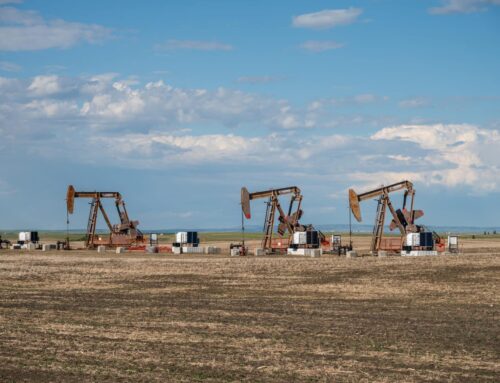
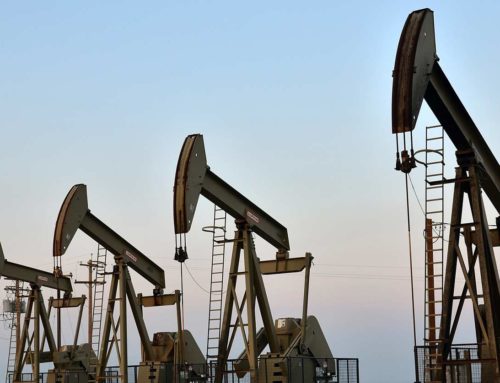
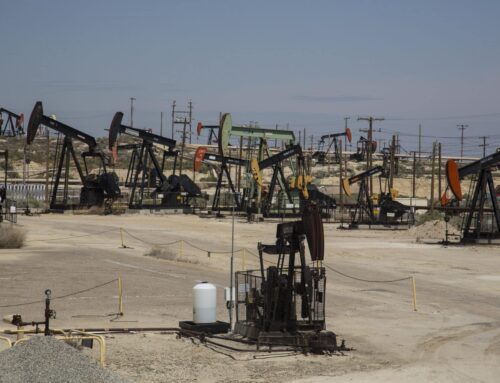
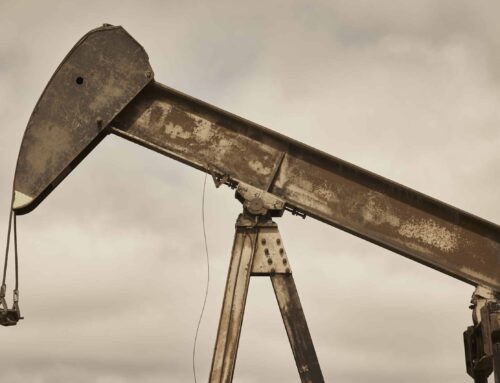
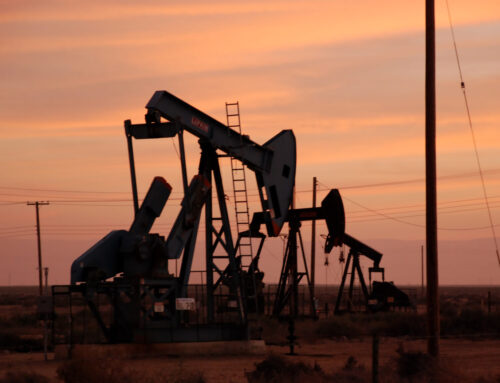


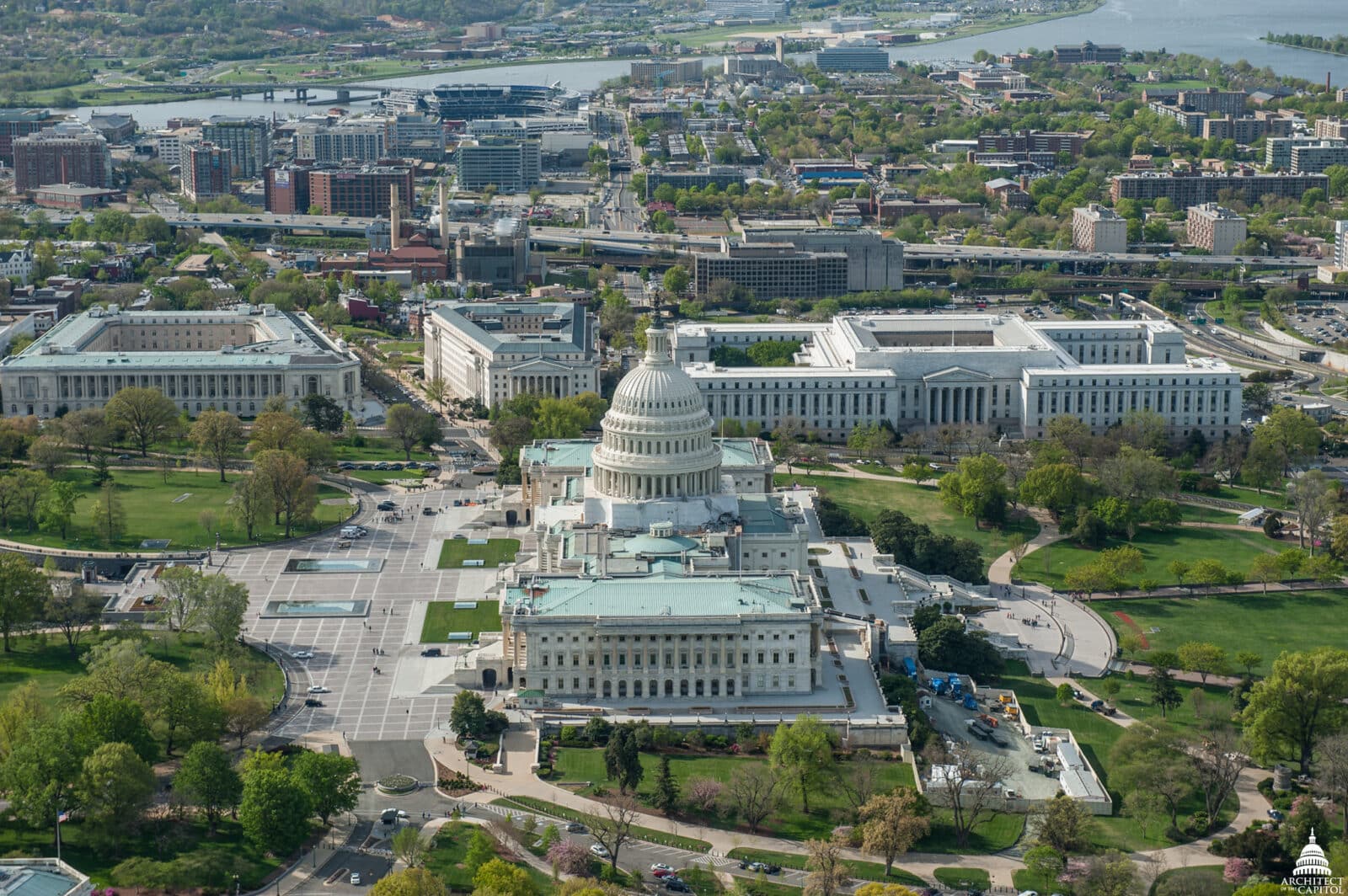


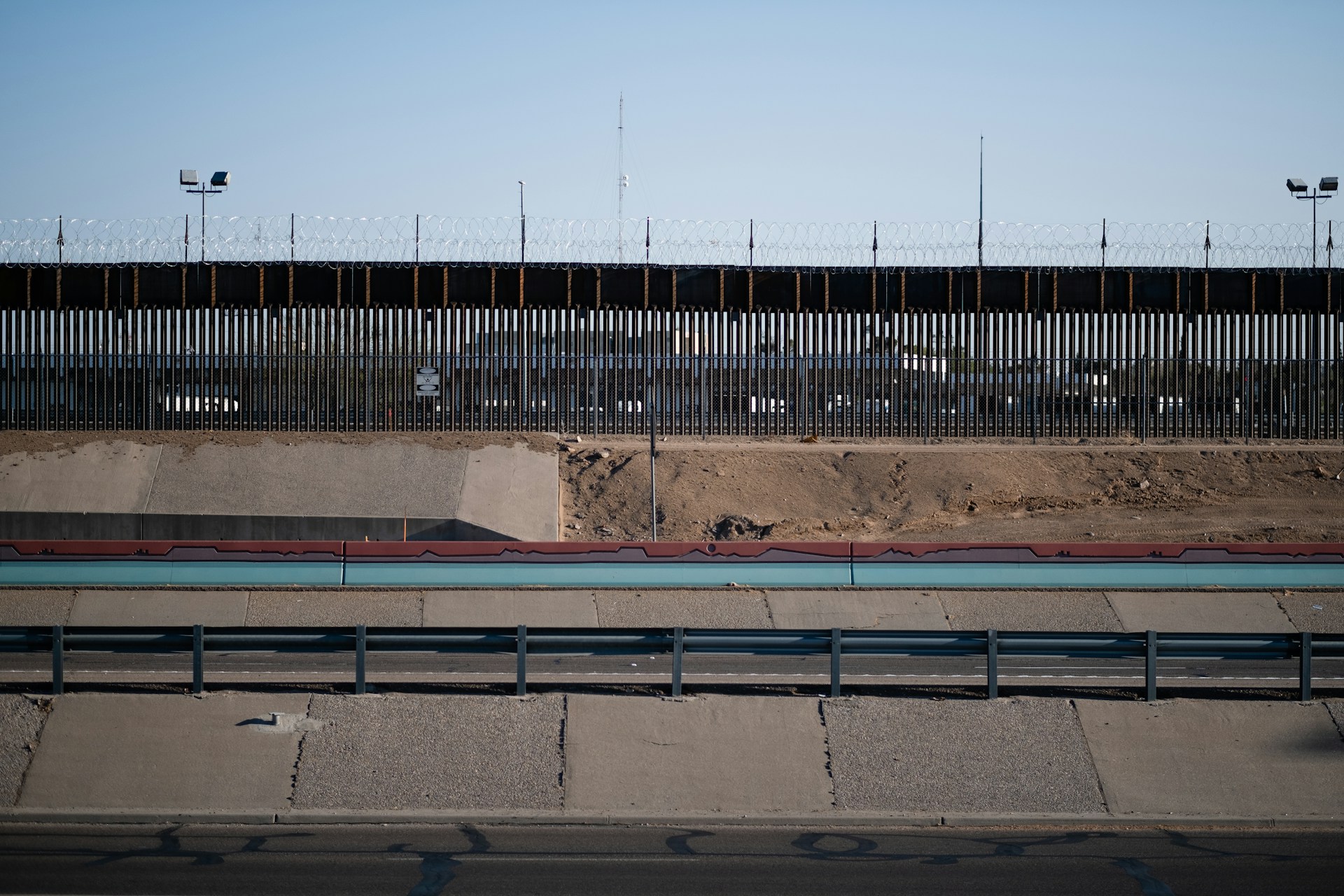
Get Social